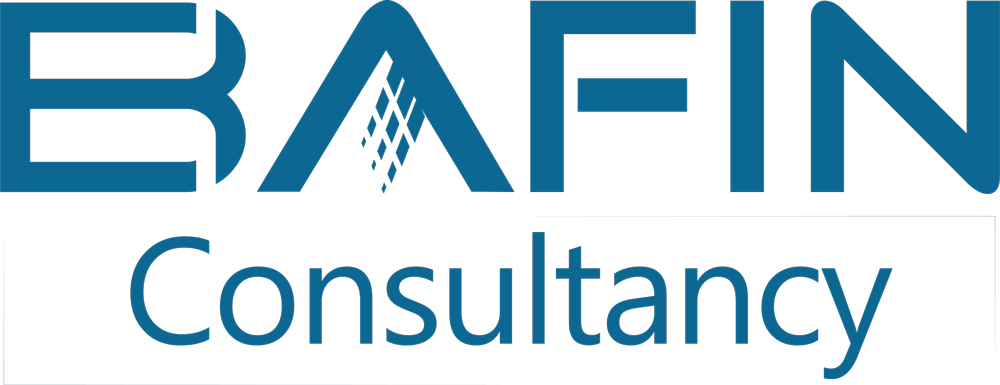There are more than forty payment and electronic money institutions in Turkey that have been licensed and started operating in the last few years. These organizations carry out their activities almost entirely through their representatives (agency). Although the representatives can carry out all the activities of the payment institution or electronic money institution, it is not possible for the representatives of electronic money institutions to issue electronic money. The issuance of electronic money must be carried out centrally. In practice, it is seen that disputes arise between licensed institutions and their representatives, and in some cases these disputes are referred to the judiciary.
The most important problem in terms of licensed institutions is to find representatives who have the necessary trust and reputation and who can show the care and professionalism required by the job, and the training of the personnel of the representative who provides the payment service, especially on the first get to know your customer. As a matter of fact, licensed organizations are held primarily responsible for the illegal actions (contrary to MASAK legislation, fraud, embezzlement, etc.)
The most important problem for the representatives is that they are in a weak position against licensed institutions and they have to sign heavy contracts and guarantee obligations included in the contracts and prepared by fully licensed institutions. This situation leaves the representatives largely unprotected and incurs significant financial losses in a possible dispute.
The most important legal advantages of the representatives who have problems with the licensed institutions are the contracts that are prepared in violation of the legislation and that they have to sign. In accordance with the legislation, although the payment or electronic money institution is responsible for all kinds of transactions made by the representatives, it is seen that all responsibility is left to the representative in some representation agreements. In many contracts, representatives are not legally positioned correctly and the legislation is violated in many respects.
On the other hand, licensed institutions are held directly responsible to customers regarding payment services or electronic money, and institutions may recourse to the representative in proportion to their responsibility within the framework of the representation relationship between them. Licensed organizations try to secure these risks with cash or non-cash guarantees they receive from representatives. However, it is seen that there are not sufficient explanations in the contracts regarding the extent to which the parties will bear the loss in case of unlawful violations, which are carried out by exceeding all the measures taken by the representative and/or licensed institution and substantially exceed the security fee.
As the judicial decisions on the subject begin to become clear, there is no doubt that the necessary corrections will be made in the existing contracts. In addition, it would be a more pro-active approach to reveal the rights and obligations of the parties in accordance with the legislation and clearly. In this way, the parties will be protected from possible damages and court costs.
Av. Dr. Mehmet S. YURTÇİÇEK
Senior Consultant & Manager

